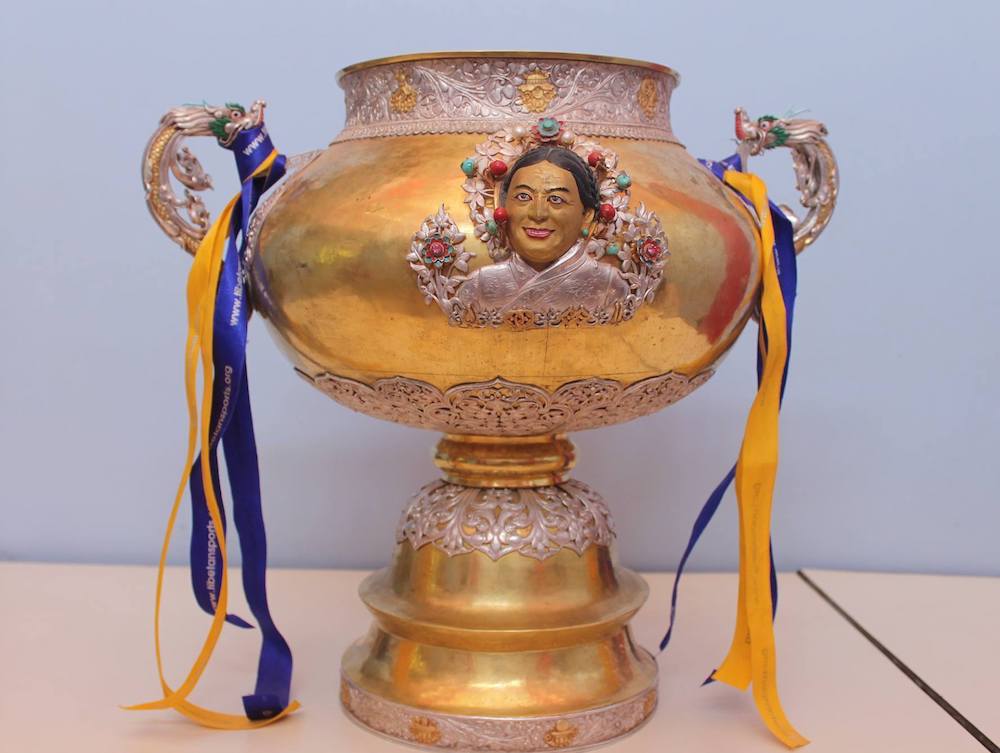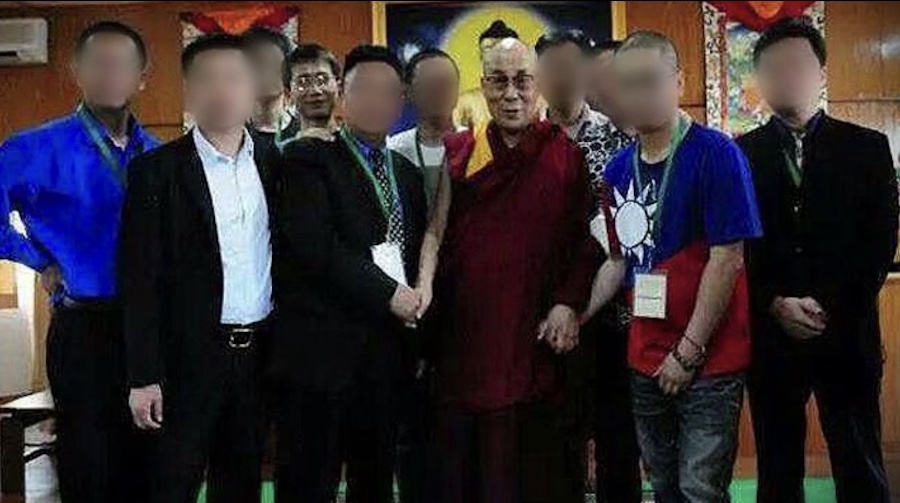While the Olympic torch attracts global anger, activists in China suffer, says JOSEPH MACKERTICH
 As Western protestors follow the Olympic torch from London to Paris to San Francisco, the people who are truly taking a risk to bring the Chinese government to account are the Chinese activists toiling at home. In the eyes of state media they are destructive malcontents, hell-bent on ruining the Beijing Olympics. To those outside the country, who care about human rights abuse across China and Tibet, they are invaluable sources of information that would never be reported otherwise.
As Western protestors follow the Olympic torch from London to Paris to San Francisco, the people who are truly taking a risk to bring the Chinese government to account are the Chinese activists toiling at home. In the eyes of state media they are destructive malcontents, hell-bent on ruining the Beijing Olympics. To those outside the country, who care about human rights abuse across China and Tibet, they are invaluable sources of information that would never be reported otherwise.
Hu Jia, a Beijing-based activist, was arrested last week and sentenced to three-and-a-half years in prison. A graduate of the prestigious Beijing School of Economics, Hu rose to international attention as a critic of China’s handling of the Aids crisis. After 10 years of political activism, however, it was his questioning of the Olympics that proved the last straw for the authorities.
In September 2007 Hu and the human rights lawyer Teng Biao wrote a letter to the Chinese Communist Party in which they said that China was unfit to hold the Games. “Please consider whether the Olympic Games should coexist with religious persecution, labour camps, modern slavery, identity discrimination, secret police and crimes against humanity,” they wrote. “Having the Olympics hosted in a country where human dignity is trampled on will not honour its people or the Olympic Games.”
 Teng Biao is no stranger to intimidation and incarceration himself, having wound up in various jails for giving legal advice and representation to groups who would otherwise have no voice in China. Migrant workers, ethnic minorities, labourers mutilated in factory accidents – Teng’s clients are the ‘untouchables’ in China’s modern caste system.
Teng Biao is no stranger to intimidation and incarceration himself, having wound up in various jails for giving legal advice and representation to groups who would otherwise have no voice in China. Migrant workers, ethnic minorities, labourers mutilated in factory accidents – Teng’s clients are the ‘untouchables’ in China’s modern caste system.
“People in China cannot speak out for fear of repression,” an Amnesty International spokesperson told The First Post. “It is something that Teng Biao’s actions illustrate on a daily basis. His actions not only highlight our concerns but they also help to galvanise our organisation.”
The use of 300m people for cheap labour in modern China means crusading figures such as Teng will never want for exploited individuals looking for justice. But it is dangerous.
Huang Qingnan, who advises workers on their rights from an office that is repeatedly smashed to pieces by hired thugs, was recently stabbed in an attempt on his life. A female migrant worker, injured at work, told Huang how her boss had reacted when she asked for her hospital fees to be paid. The boss said it would be cheaper to have her killed. “You can never rely on the government,” Huang told the BBC. “We have to stand up for ourselves.”
Gao Zhisheng, a brilliant attorney who was voted one of the 10 best lawyers in China in 2001, attracted the ire of the authorities when he resigned from the Chinese Communist Party and began taking on cases which brazenly challenged the sovereignty of central government.
Gao’s abilities, and the fact that he often gave his services for free, quickly established him as the face of human rights in China. His most defiant act was to investigate the persecution of the Falun Gong group, a religious organisation that has been declared illegal by the government. Ignoring warnings to stop his activities, Gao (left) was eventually abducted by the secret police in September 2007 and hasn’t been heard from since.
Jonathan Watts, the Guardian‘s China correspondent who interviewed Gao in 2006, told The First Post that the lawyer had always been careful to operate within the law. “He was extremely bold, almost recklessly so,” said Watts, “but he insisted that he knew the law and stayed within permissible bounds.” Although it is too early to assess whether Gao’s work has helped advance the human rights debate in China, his courage has already encouraged others to fight the system. “He will be looked back on as a figure who played a significant part in exploring the limits of China’s move towards a ‘country governed by the rule of law’.”









